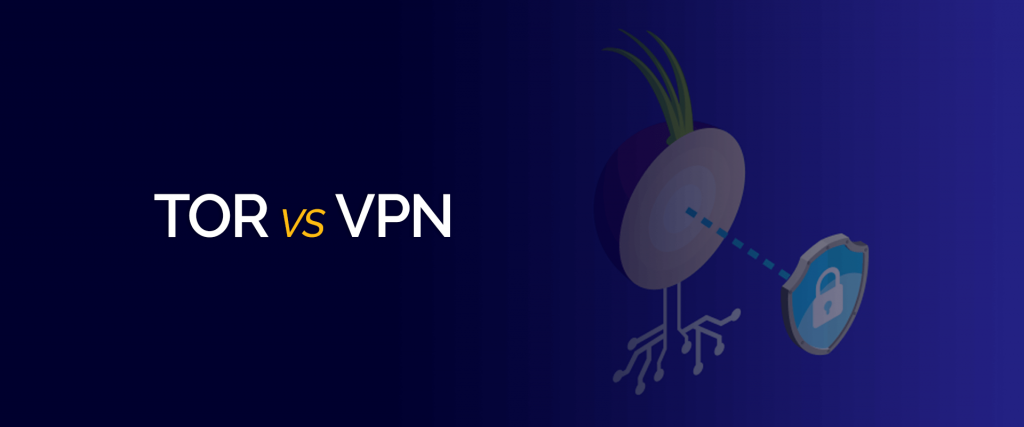

Get 93% OFF on Lifetime
Exclusive Deal
Don’t miss out this deal, it comes with Password Manager FREE of cost.
Get 93% off on FastestVPN and avail PassHulk Password Manager FREE
Get This Deal Now!By Nick Anderson No Comments 5 minutes
In the digital age, we are constantly being monitored by the state and ISPs. Protecting our online presence is now considered to be a prerequisite as it has become incredibly difficult to effectively protect our digital footprint. This is exactly why everyone is raging about Tor and VPN services, as they both provide similar functions. However, there are many significant differences in Tor vs Vpn. Read on to find out.

TOR is basically a free and open-source software for enabling anonymous communications via servers present all around the world. These servers are maintained by single individuals that help strengthen the integrity of the entire network as it does not rely on a company or organization. The name Tor is derived from an acronym for the original name “The Onion Router” as this overlay network consists of more than seven thousand relays. Here’s how Tor works.
As you can see that when the message reaches the final node, the individual operating the server can clearly understand the message. Since anyone can set up a node, the over-all of the server depends on the integrity of the node operator. The best solution to this dilemma is using an HTTPS connection which will be encrypted using TLS or an Onion OverVPN.
TLS is a transport layer security protocol that encrypts and authenticates data which is transmitted from a client to any receiver such as a server, machine or application. These features will handle the data encryption and will help secure your digital footprint from every aspect. However, if an individual is operating the guard and exit node, they will still gain access to your data but it is very unlikely that this will happen as servers are hosted by different individuals all around the world. To further enunciate the applications of Tor, we have articulated a list of Pros and Cons.
A VPN is a virtual private network that encrypts all of your data and transmits your requests to an intermediary server. These services are provided by many different companies and operate via servers that are strategically located all around the world. These networks use encryption techniques such as AES 256-bit encryption to protect your data from hackers and other individuals trying to gain access to your sensitive information. Here’s how a VPN works.
As you can clearly see that a VPN is far more efficient as it requires fewer technicalities to protect your data and information. These encryption methods used by virtual private networks are iron clad and are impossible to decode. So even if a hacker manages to infiltrate your network, they won’t be able to access or decode your information. Here’s a list of Pros and Cons.
Yes, you can easily use a VPN plan and TOR simultaneously. You can connect to the VPN network by first connecting to Tor or vice versa. However, using both a VPN and Tor will hamper your browsing speed by a substantial margin, so proceed after considering that.
The polls weighing out options between Tor vs VPN have been ongoing for a while now. However, as mentioned above, both Tor and VPN services have similar applications but there are far more differences than similarities. Although, as you can clearly see a VPN service will be more effective in comparison to Tor, enhancing your online experience.
© Copyright 2024 Fastest VPN - All Rights Reserved.


Don’t miss out this deal, it comes with Password Manager FREE of cost.
This website uses cookies so that we can provide you with the best user experience possible. Cookie information is stored in your browser and performs functions such as recognising you when you return to our website and helping our team to understand which sections of the website you find most interesting and useful.
Strictly Necessary Cookie should be enabled at all times so that we can save your preferences for cookie settings.
If you disable this cookie, we will not be able to save your preferences. This means that every time you visit this website you will need to enable or disable cookies again.


